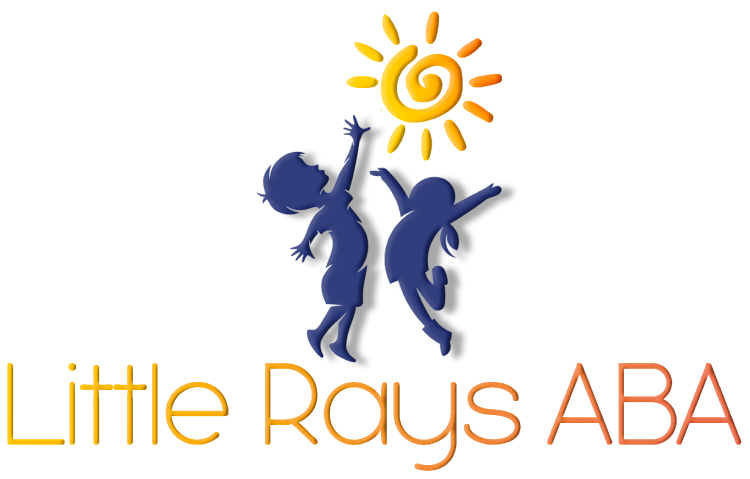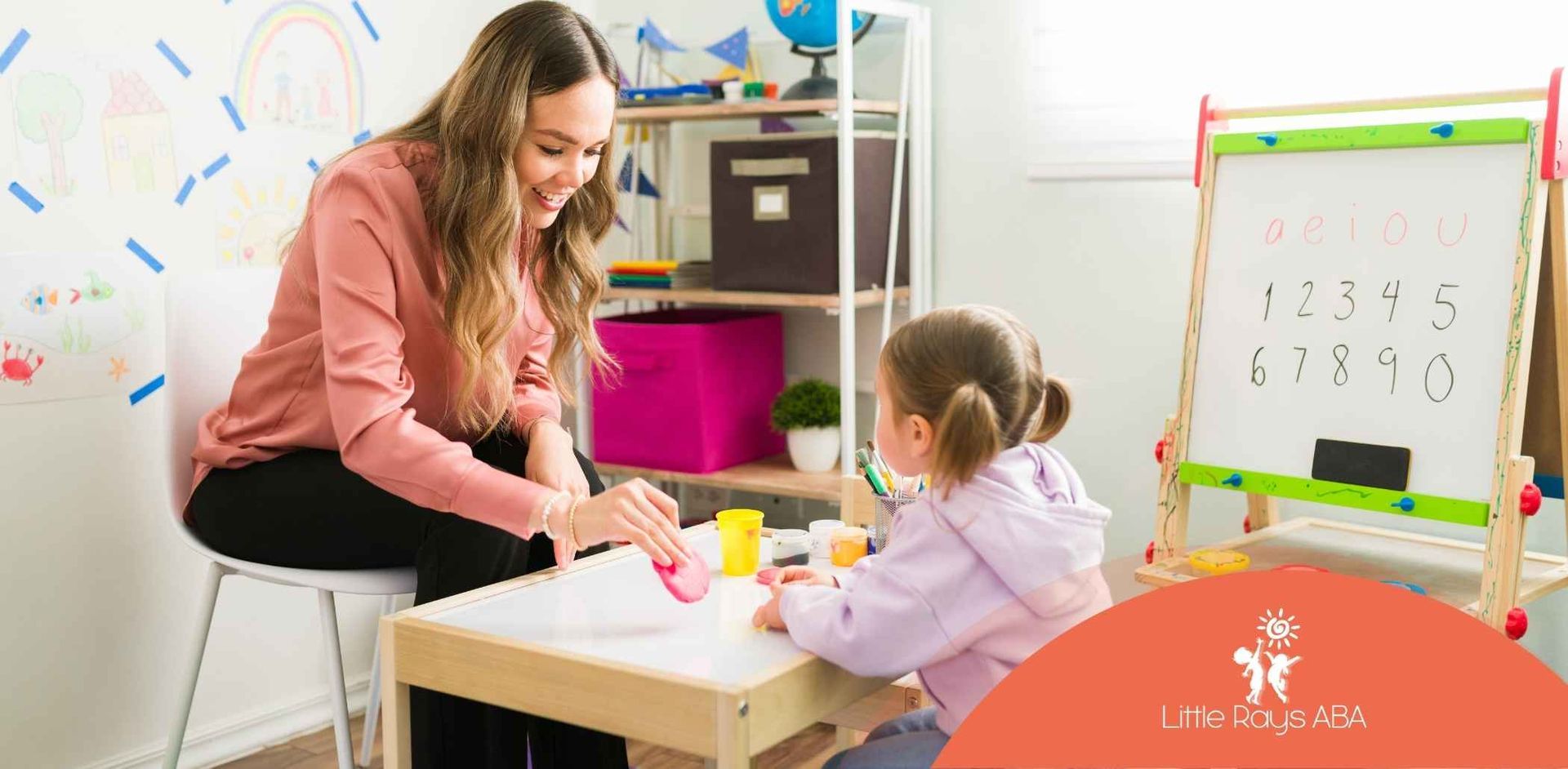
Understanding Life After Being Diagnosed with Autism
Getting a diagnosis of autism can change the lives of people and their families in big ways. Autism spectrum disorder, or ASD, is a condition that affects how someone learns and grows. It is usually found by looking for ongoing problems with social interaction, trouble with talking or expressing ideas, and doing the same things over and over. Early intervention is very important and can help a lot. When it starts early, people with ASD can get the help and tools they need to learn important skills for life. When families know the diagnostic criteria and what support is there for them, they can handle life after an autism diagnosis with more confidence. This helps them better support their loved one who has autism.
Understanding Autism Spectrum Disorder
Autism spectrum disorder (ASD) is not simple. It shows itself in many ways and can be mild or more serious in people who have it. Still, most people with autism share some of the same struggles. These include problems with social interaction, speaking, and handling different sounds and sights. An autism diagnosis uses the guidelines from the Diagnostic and Statistical Manual. This helps doctors decide how serious it is for each person so the right support can be given.
Many families who want answers often deal with false ideas about autism. When we clear up these beliefs, we give people a chance to learn, help bring acceptance, and share true information in the community.
Definition and Spectrum Overview
Autism spectrum disorder, or ASD, is a condition that affects how people talk with others, act, and sense the world. The word "spectrum" means there are different levels of autism. Some people may have mild symptoms. Others may have severe symptoms. This means every person's experience with autism is not the same. Each person could need different levels of help, depending on how severe their autism is.
The diagnosis of autism is based on careful check-ups. Health care professionals, like child psychiatrists and developmental pediatricians, work together to use the DSM-5 diagnostic criteria. They look at a person's behavior history, what they do day to day, and how they get along with other people. These steps help make the diagnosis of autism spectrum disorder correct and give the right support for them.
ASD also comes with other conditions. Some people may be very sensitive to sounds, lights, or touch. Others may do the same actions over and over or have narrow interests. Spotting autism early is key. It helps people get help that fits their needs. This support can make life better, no matter how old you are. The idea of the spectrum helps us to look at each person's needs. This way, we can give better care with the right treatment plan for everyone with autism.
Common Misconceptions about Autism
Many people have the wrong ideas about autism. This can get in the way of understanding and accepting autistic people. Some think that autistic people do not like social interaction and want to stay away on purpose. The truth is, autism can make social communication hard because of things like sensory overload or not knowing how others feel. These are real problems faced by many autistic people. They need empathy and the right kind of help.
Many also wrongly believe that all people with autism act the same. Autism is different from person to person. That is because it is a spectrum that changes with severity, other health conditions, and a person’s surroundings. The autistic society is made up of people who have many different skills, thoughts, and likes.
Another wrong idea is that an autism diagnosis happens because of bad parenting. But research has shown this is not true at all. The best way to fight these old beliefs is to raise awareness and help people learn more. It is important to share the truth, so autism speaks for the needs of its community. This lets people give and get support that is right for them. Clearing up these myths is the way to help make a better and kinder place for all people.
Early Signs and Diagnosis
Spotting the signs of autism early helps kids get the right help on time. Parents and caregivers usually notice things like repeated actions, little eye contact, or trouble with change. These things often lead to visits with the doctor for a possible diagnosis of autism.
A diagnosis of autism starts when delays in a child’s growth or skills are noticed. This can happen by watching the child, checking their past records, and talking with parents or caregivers. Early intervention with help from pediatricians and experts can really improve a child’s growth and skills. Tools like the M-CHAT help families see some signs of autism, and this encourages doing something early rather than waiting for a formal diagnosis.
Key Symptoms to Recognize
The signs of autism can show up in different ways for each person. Some common signs to look for are little social interaction, not wanting to make direct eye contact, and finding it hard to read feelings from other people. These challenges can make it tough for people with autism to connect with their friends or family. This is why early intervention is so important.
In younger kids, the signs of autism can be things like repeating actions such as flapping hands, sticking to the same routines, or being very focused on one or two interests. Young children can also be very sensitive to things around them. Loud noises or bright fluorescent lighting can upset them, making them want to pull away or feel real discomfort.
The diagnosis of autism looks at all these behaviors together. Tools like the Autism Diagnostic Observation Schedule help doctors get a clear view. This also lets families find the best support possible. When you spot the signs of autism early, you can help your loved ones with their challenges so they do better at school, at home, and with friends.
Importance of Early Diagnosis
Getting an early diagnosis can change the lives of people with autism and their families. When you spot signs of autism early, families can work with health care professionals right away to start the right help that fits their needs. People like developmental pediatricians, therapists, and child psychiatrists all bring their own point of view to guide these choices.
Starting support during the early years makes a huge difference in how children learn and grow. It helps kids handle social communication and gives families ways to deal with mental health conditions that often come along with autism. The first step is to ask for an evaluation. This shows where someone might need help.
Health care professionals do expert checks that look at how strong certain challenges are. They also check for other issues like sensory problems or thinking difficulties. When a diagnosis comes from a team of experts, it gives families real steps they can take. It also helps lower stress and lets families feel more in control. The early diagnosis of autism builds a strong path for a better life by encouraging families and health professionals to work close together.
Living with Autism
Life after getting an autism diagnosis comes with its own ups and downs. Each day can be different. People may need to deal with things like being sensitive to sounds or lights. Some also face other mental health conditions along with autism. It is common to plan and line up different support services.
Families look for support groups and want to talk to others who are going through the same things. This helps them share what they know and learn new ways to handle daily life.
Even with all these hurdles, many people find their balance and grow stronger. The right routines, therapy, and goals can really help. Support groups, people who speak up for others, and special tools can all make life with autism better. Each day is a chance to show how strong people can be. Let’s look at what real life is like and see some bright stories of people doing well, even with challenges.
Daily Life and Challenges
Daily life for people diagnosed with autism often follows routines made just for them. They may need some changes at home or school to feel more at ease. Sensory issues can play a big role in what they do. Things like clothing, lights, and sounds can make them feel good or bad. Sometimes, mental health conditions like anxiety or depression show up, too. When this happens, it is important to keep an eye on it all the time.
Support groups and simple plans help people deal with these day-to-day things. Many families feel better when they talk and share ideas in autism support groups. There are also therapies that are made for each person. These help them learn ways to fit in and feel better about who they are.
Caregivers have a lot to keep up with as well. Their days can be full of keeping track of schedules, helping with school, and going to doctor visits. Having the right resources, tools, and some emotional support helps both a person with autism and their family. It lets them have a fuller and better life together.
Success Stories and Positive Outcomes
Many stories show the growth and achievements of people with autism. Structured help is a big part of making progress. Things like special learning programs or applied behavioral analysis can guide people with autism to important goals like getting into college or working in a job. These success stories show us why it is important to have plans made for each person.
Celebrating wins brings hope and encouragement to everyone in the autistic society. It shows their strengths and how they keep trying. With therapies, help from the community, and ongoing learning, each person with autism can have the chance to build their skills and enjoy a good life.
Support Systems and Resources
Support systems are very important for autistic people and their families. The government, health care, and community centers help with special education services and give tools for therapy.
Family involvement matters too. Parents often help their kids by working to get special education services, setting up therapy, and finding social support. Community groups help connect people who are going through the same things. Learning from these places can help people grow and feel included. We will look at how family support, community work, and educational resources help keep everyone well.
Family Support and Community Groups
Families are key in building a caring place for autistic people. It starts when the family knows about challenges in social communication. They use the right ways to help with daily life and problems.
Community groups can help people feel stronger. They give a safe place where you can talk about life and share stories. These groups bring people together to find answers that help everyone. In autistic societies, caregivers and autistic people talk to each other. They share different views and learn about helpful tools that make coping easier.
When family networks and community groups work together, they help autistic people learn more over time. This teamwork makes it better for people to go to school, build social connections, and get the healthcare they need.
Educational and Therapy Programs
Special education services help autistic students do well in school, with others, and in how they feel. These programs focus on including everyone. The classes are planned to help with things like trouble with senses or narrow interests.
Therapy programs give each student the help they need. These can be things like therapy for moving or talking. Plans made by experts guide the way, aiming to help with daily problems and build key life skills.
Special education services work with school help and therapy to give students a strong start. Parents, teachers, and therapists work together. This team effort helps the student have a better future.
Navigating Healthcare and Therapy
Finding the right healthcare and therapy for autism can feel hard, but it is very helpful. When you have guidance from healthcare professionals, it gets easier for you and your family to look at all the choices for treatment. Specialists, like developmental pediatricians and therapists, play a big part. They help make strong plans in mental health services and support.
Knowing about different treatment options can give you a better path to care. By trying things like therapy visits and help with medication, people can get the support they need. These steps help with growth in life. Next, let’s talk about how to pick good specialists and check out different ways to get care for autism.
Choosing the Right Therapists and Specialists
Choosing knowledgeable specialists makes sure you get the right diagnosis and treatment. Therapists who understand autism know how to check severity and can find the interventions that fit best. Developmental pediatricians can spot other health issues, so you get a full plan that meets all needs.
Healthcare professionals with skills in autism spectrum disorder are good at managing sensory concerns or tracking when development is on pace. If you get advice from groups like the Autism Response Team or local support organizations, you know they’re trustworthy.
Working closely with these experts helps create the best treatment plan. When you focus on these partnerships, you can make the right choices about healthcare. This way, everyone involved can give the personal support needed for ongoing needs in a good and effective way.
Understanding Treatment Options
Treatment options include behavioral therapies, skill-building programs, and medication plans made for each person. One approach is applied behavioral analysis. This method helps with language problems and problems with social interaction.
A formal diagnosis lets people access support planned by health care professionals. Some medicines, like aripiprazole and risperidone, help control irritability well. Child psychiatrists keep track of how these medicines are used. Training for social skills in support groups or through occupational therapy can also help with mental health conditions.
Working together with clinicians to look at treatment options helps people make informed choices. This creates a complete care plan, so personal goals can fit with any challenges faced.
Conclusion
Understanding life after an autism diagnosis can be a mix of good and challenging times. There will be days that are hard and days that feel like a win. When you spot early signs, find the right help, and get to know how healthcare works, you and your family can build a life that meets your needs and shows your strengths with autism. It is important to break down any wrong ideas others might have and look for the small joys along the way. Make use of the help and resources out there. Everyone's path with autism is not the same, but with kindness, support, and the right tools, life can be good. If you want to know more or need help along the way, reach out for support or resources that fit what you need.
At Little Rays ABA, we understand that the journey after an autism diagnosis can be challenging but also full of growth and potential. With our personalized and compassionate ABA therapy services, we help individuals and families navigate this path towards progress. If you’re ready to take the next step in your child's development, our team is here to guide you every step of the way. Contact us today to learn more about how we can support your family.
Frequently Asked Questions
How does an autism diagnosis affect family dynamics?
An autism diagnosis can change the way a family lives. The caregivers usually have to change their daily routines. They also work to speak up for their child and plan out schooling that fits what the child needs. Dealing with issues in social communication becomes a big part of daily life. Support groups can help families. They give advice to help people get through these big changes in life with autism.
What are some coping strategies for sensory overload?
Addressing sensory overload means using simple ways to cope, like turning down lights or sound and making a calm space. Mental health experts help autistic people work through these strong feelings. Things like weighted blankets, noise-canceling headphones, and quiet rooms help with sensory processing. These tools also make people feel better and more at ease.
What are the common challenges faced by individuals diagnosed with autism?
People who are autistic often find social interaction hard. They may also focus a lot on certain things and have trouble with things like loud sounds or bright lights. Support groups and developmental pediatricians can help them and their families. These groups and doctors give tools and advice to deal with daily problems. Different intervention strategies can help autistic people be more flexible in life. Mental health professionals also work together to help with other learning problems or stress.
What does it mean to be diagnosed with autism?
Being diagnosed with autism means receiving a formal assessment that identifies an individual as being on the autism spectrum. This diagnosis helps understand their unique strengths and challenges, guiding support and interventions to enhance communication, social skills, and overall quality of life for both the individual and their family.
Sources:
- https://www.nimh.nih.gov/health/topics/autism-spectrum-disorders-asd
- https://childmind.org/article/sensory-processing-issues-explained/
- https://www.autismspeaks.org/autism-response-team
- https://www.psychiatry.org/psychiatrists/practice/dsm
- https://www.healthychildren.org/English/family-life/health-management/pediatric-specialists/Pages/What-is-a-Developmental-Behavioral-Pediatrician.aspx
Related Posts





